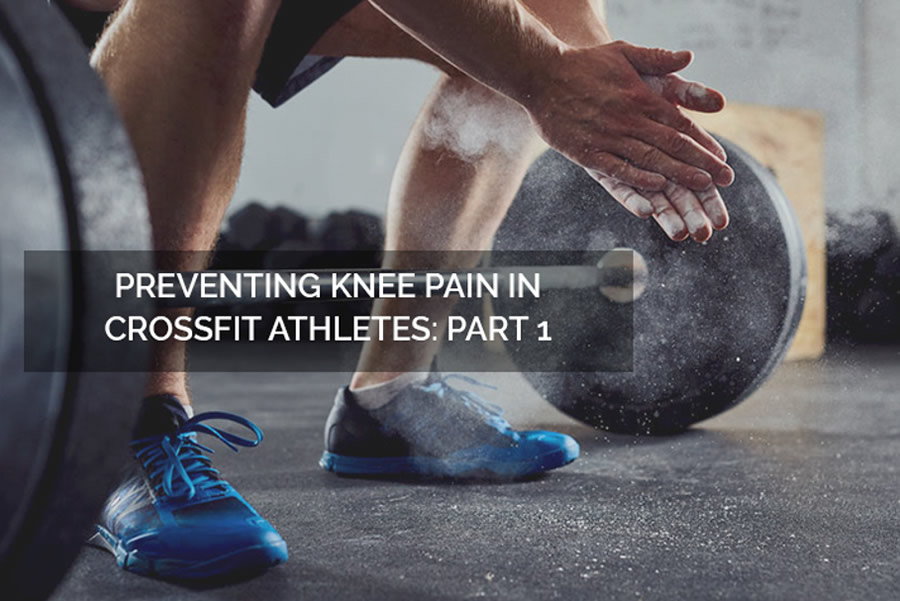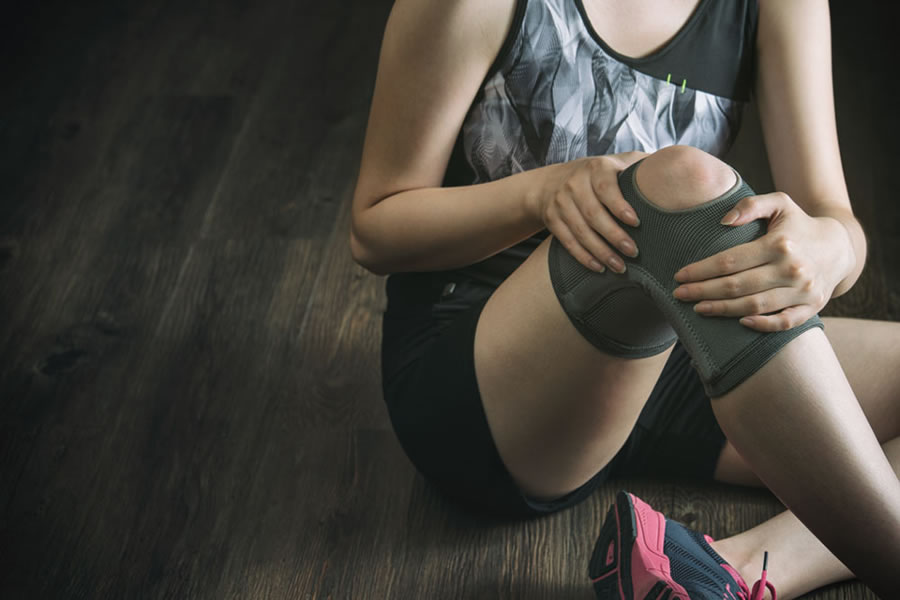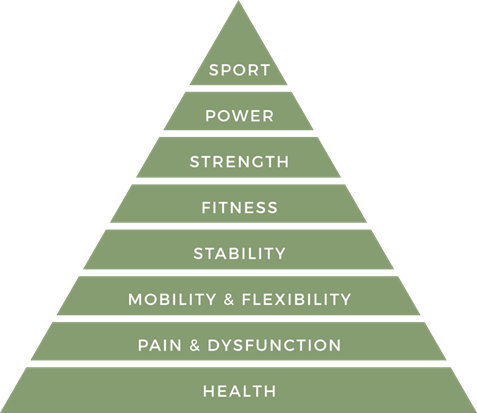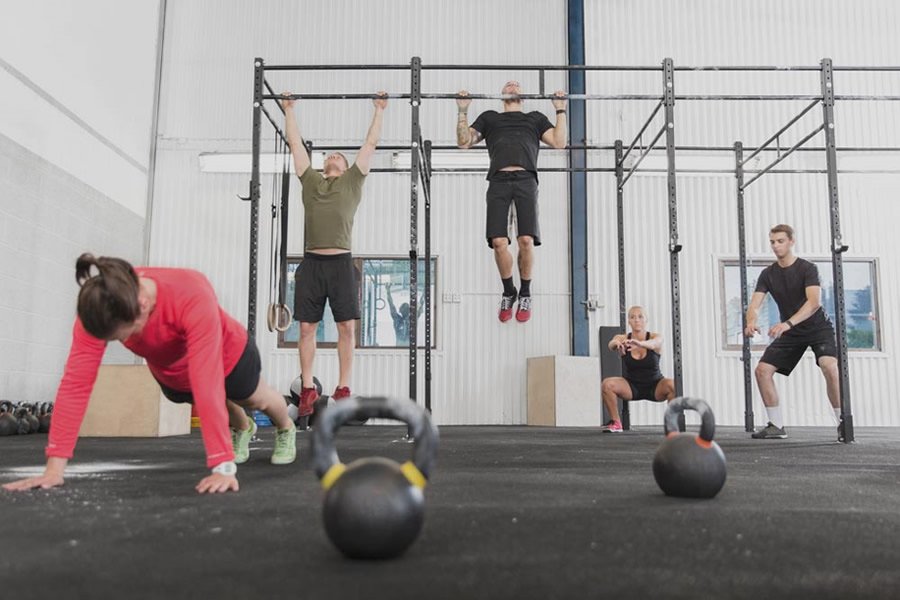 CrossFit as a mode of training and conditioning has flourished in Perth over the last 10 years with CrossFit Boxes opening up in almost every suburb. The functional nature of the training combined with the group atmosphere makes it a very attractive style of training for many people.
CrossFit as a mode of training and conditioning has flourished in Perth over the last 10 years with CrossFit Boxes opening up in almost every suburb. The functional nature of the training combined with the group atmosphere makes it a very attractive style of training for many people.
With that said, one of the most common joints to be injured while participating in a CrossFit activity is the knee joint.
- Quadriceps Tendonitis
- Patellar Tendonitis
- Meniscal Injury
- ACL strain or tears
- Bursitis

With knee pain being so prevalent in the CrossFit community, it’s worth discussing if there is anything you can be doing to safeguard yourself against this type of challenge?
At the Effortless Superhuman, we work extensively with weightlifters, bodybuilders, powerlifters, CrossFit athletes, and competitive strongman. Certainly the ‘strength community’ is a niche area for our skilled practitioners and, as such, we have become highly specialised at both preventing knee pain and overcoming knee pain or injury.
This article will focus on how to prevent knee pain from occurring in the first place.
To begin, we would highly recommend that you download our free e-book called “The Performance Pyramid” from our website. This will provide you with some key insights into our methodology and help you to understand why we are so successful in treating clients.
The Performance Pyramid represents a specific methodology that allows our practitioners to quickly determine the underlying driving factors for any pain pattern and restore balance to a client’s body.
HEALTH
In relation to knee pain, you want to ensure that you’re meeting all of the foundation principles of health. CrossFit can be a demanding way to train, and if all of the foundation principles are not in place, then pain can result.
- Are you recovering fully from all the stressors in your life?
- Are you achieving quality sleep patterns?
- Are you nourishing your body with whole foods and in the right proportions?
- Are you adequately hydrating your body on a daily basis?
- Are you recovering fully between CrossFit training sessions?

Many CrossFit athletes find it easy to train like a top-level athlete, pushing their body to the extreme on a daily basis, but then live a lifestyle that is similar to ‘Joe Average.’ As you can well imagine, this is a recipe for disaster and can lead to soft tissue injuries and pain patterns.

“If you’re going to train like a champion, learn to recover like a champion.”
It’s incredible to see the number of CrossFit participants who are training at full capacity several times per week and yet living an ‘inflammatory’ lifestyle between training sessions. And they then wonder why their knees are complaining about it!
| Alcohol | Coffee | Processed foods |
| Stressful jobs | Sugar | Synthetic supplements |
| Poor sleep patterns | Inadequate hydration | Nutrient-deficient foods |
| No recovery protocol | Psycho-emotional stress |
PAIN AND DYSFUNCTION
Here at the Effortless Superhuman, our ‘Pain and Dysfunction’ practitioners perform a full head-to-toe screen of the client’s body to identify if any dysfunctions are present.
Why would you assess the entire body when it is my knees that are sore?
Great question! First, CrossFit training involves every muscle and every joint in the body. Restrictions in your neck, middle back, lower back or even your shoulders, could have a detrimental effect on your ability to run, lunge, squat, and Olympic lift. And this, in turn, could overload the knees and create pain or injury.
- Is lack of thoracic (middle back) extension affecting your squatting pattern and contributing to overloading of your knee joint?
- Is lack of mobility in your shoulder joints affecting your ability to perform the snatch (Olympic lift) and contributing to your quadriceps’ tendonitis?
- Is lack of extension in your lumbar spine (lower back) affecting your ability to run effectively and contributing to your ‘runner’s knee’?
- Is lack of hip mobility preventing you from dropping properly into an overhead squat position? By compensating you could be stressing the tissues of the knee.
It’s through this detailed ‘whole-body’ assessment that our practitioners begin to uncover the contributing factors to your knee pain. In part two read: Effortless Superhuman Secrets Revealed – The Whole Body Assessment
To book an appointment with a Effortless Superhuman ‘Pain and Dysfunction’ practitioner simply contact us today or give us a call on (08) 9388 2768.
